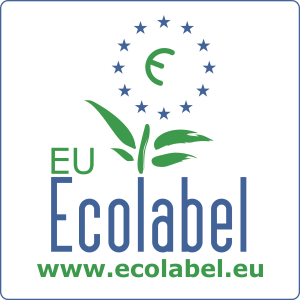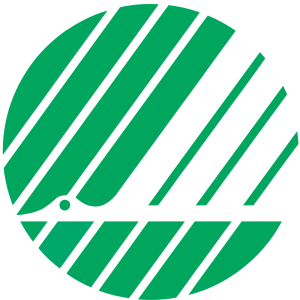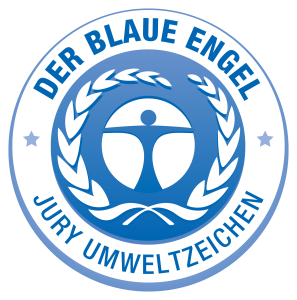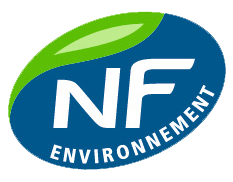When it comes to sustainability, Hamelin is one of the front runners in the industry. As one of the largest manufacturers of paper and office supplies, we feel an obligation to support sustainable use of the planet’s resources, and consequently all our paper products are, for example, produced from wood from sustainable forests.
This is important, not only for the forest’s survival, but also for the many people who make a living from the forests.
Certifications
The EU Flower, the Blue Angel, the Swan and NF Environnement are all among the best known European environmental certifications. To promote a more sustainable consumption, we are committed to educating and informing our consumers about the ecological footprint left by our paper products.
Hamelin guarantees that:
- All our product specifications are continuously re-evaluated to ensure compliance with the strictest environmental criteria, including requirements for the highest environmental specifications for raw materials used in manufacturing processes
- Only suppliers who can guarantee traceable deliveries and have a policy of sustainable management of forest resources are used
- No paper made from tropical wood is used
- No paper made from primary forests or wood from sensitive areas housing endangered species is used
- The least environmentally harmful raw materials and processing aids are used in production processes.
Accreditations
The EU Flower
The EU Flower is the official European Ecolabel. The Flower was established by the European Commission in 1992.
It is the manufacturer’s proof of having taken the consumers’ health and the environment into account during the production process from start to finish.
The Flower is part of the Ecolabel certification which takes the entire product life cycle into account, which means that everything is looked at, from the extraction of raw materials to the production, use and disposal of the product.
The label shows that limits have been set with regard to undesirable, unhealthy substances in the product, and that the product is one of the least polluting in its category.
The strict quality and functionality requirements ensure that Flower-labelled products are of the highest quality when it comes to sustainability and health.
The Swan
The Swan is the official Nordic Ecolabel. The Swan was founded by the Nordic Council of Ministers in 1989, with Denmark joining in 1997.
The Swan label is proof that the products are among the least environmentally harmful in the product group concerned.
The label sets limits for the emission of toxic substances and for the content of undesirable substances in materials/items.
Together with the EU Flower, the Swan is Denmark’s official eco-label. The objective of eco-labels is to reduce the overall environmental impact of consumption
The criteria for obtaining certification include:
- No use of substances that deplete the ozone layer
- Reduced use of hazardous chemical substances
- Energy savings
- Recycling and minimisation of waste
Blue Angel
The Blue Angel is an eco-label introduced by the German government in 1977, making it the world’s oldest eco-labelling. Products carrying the Blue Angel label are more environmentally and health friendly than other products in the same category without the label. The criteria for obtaining the label are determined on the basis of a life-cycle assessment, making the label comparable to the Swan label and the Flower. However, the label is only found on recycled goods, services and paper.
NF Environment
NF Environnement is a French certification label. The environmental certification is approved by AFNOR and the French Ministry of Ecology, Sustainable Development and Spatial Planning, and is the only recognised French eco-label. The criteria for obtaining the label are determined on the basis of a life-cycle assessment which takes into account:
- Raw materials used
- Production
- Distribution and packaging
- Use
- Disposal
These criteria are the result of negotiations between representatives of producers, consumers, environmental protection organisations and public authorities.
The label guarantees the customer an environmentally friendly product that not only respects the environment but is also of an equally high quality as other products in the category.




